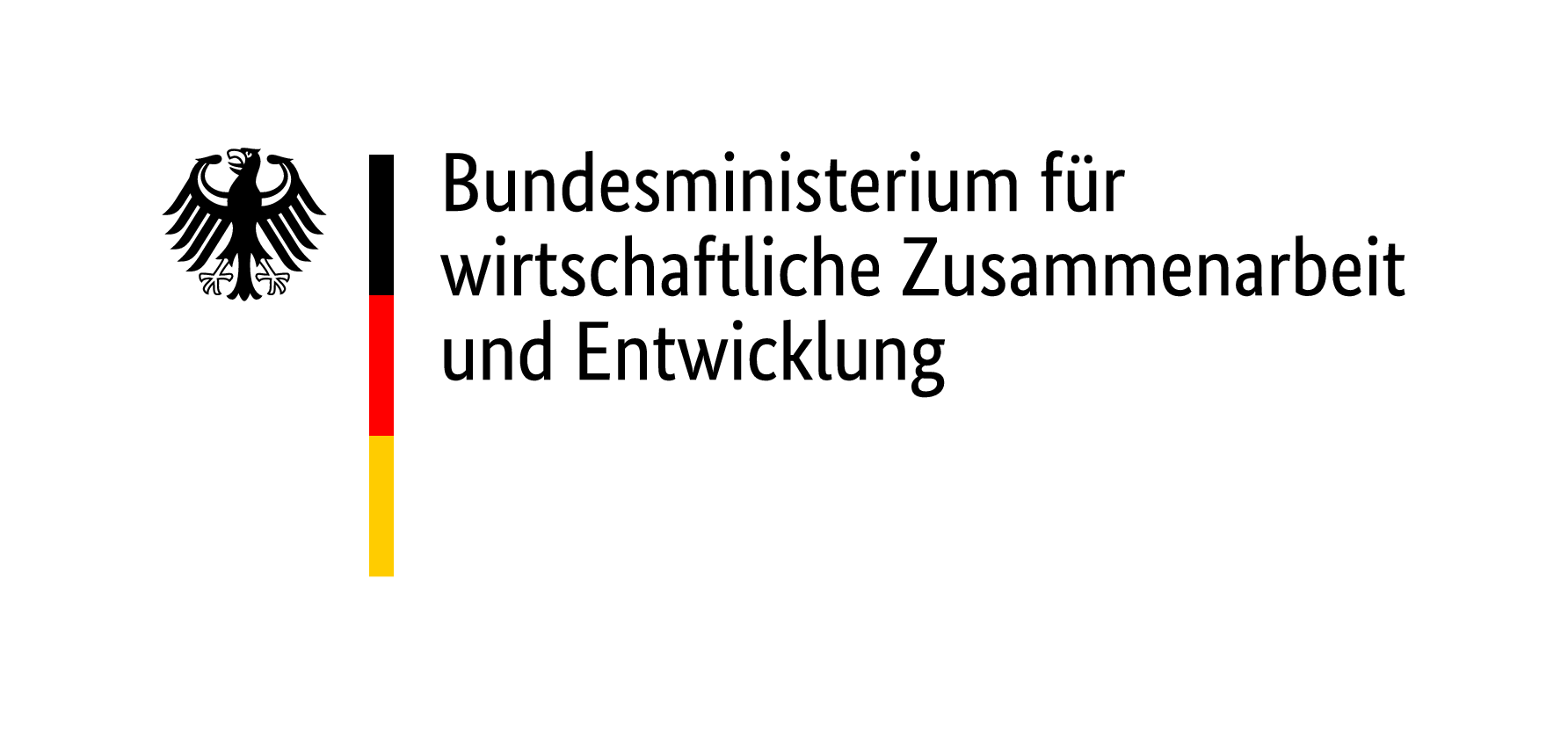What instruments of bottom-up direct democracy have existed and are currently in place, and can they be used?
Traditionally, there have been two main forms of direct democracy in Ukraine: elections and referendums. National elections, when the president or parliament is elected, and local elections. The electoral instrument worked quite well and was recognised by international missions as meeting international standards. Since 2014 (when Russia temporarily occupied Crimea and parts of the Donetsk and Luhansk regions of Ukraine - ed.), elections could not be held in the areas not controlled by Ukrainian government. Local and national elections were not held on the territories of communities that were on the contact line in accordance with the decision of the Central Election Commission, which made its decision based on the recommendations of the National Security and Defence Council. These are communities where civil-military administrations have been established.
Since the full-scale invasion of the Russian Federation on 24 February 2022, and until now, there have been no regular parliamentary, presidential or local elections in Ukraine. However, if such a need were to arise, the Constitution of Ukraine contains a clear provision that no elections shall be held during the imposition of martial law or a state of emergency. According to the electoral law, after the end of martial law, elections must be called and held within two months.
Today, Ukraine is actively discussing the parliamentary elections to be held on 29 October 2023. Obviously, if martial law is declared, the elections will not be held, but will be postponed until the war is over. The National Security Council should assess which territories can hold elections after the war is over. The answer of foreign experts is that elections will not be held for at least two years in those territories that have not been under the control of Ukraine since 2014, i.e. for a long time, because first, it is necessary to fully restore civilian infrastructure and, in particular, ensure freedom of speech. Only then can we talk about holding democratic elections.
The second instrument enshrined in the Constitution is local and national referendums. However, local referendums have not been possible due to the absence of a law on local referendums since 2008. Under the Yanukovych regime (President of Ukraine from 2010 to 2014, who was ousted from power as a result of the Revolution of Dignity or Euromaidan - ed.), a law on an all-Ukrainian referendum was adopted to replace the 1991 law on all-Ukrainian and local referendums. The current parliament has recognised this problem and made a political decision to create legislation for local referendums. A parliamentary working group on democracy has drafted a law on local referendums, and the Venice Commission has given it a fairly positive assessment. The parliament has now postponed it because of the war. Referendums, as well as elections, cannot be held during martial law.
How do you see the interaction between representative, direct and participatory democracy in Ukraine?
These tools of citizen engagement, participatory and direct, should fit harmoniously into representative democracy and work to increase citizen participation. I see the greater success of direct democracy through local referendums, which will be held only at the community level, as currently envisaged by the draft law on local referendums. It is at the community level where local issues that people understand arise.
What is your understanding of the role of direct democracy in the Ukrainian system?
We will definitely have a difficult period of post-war elections, during which we need to ensure the right to vote for internally displaced persons and people who have been forced to leave the territory of Ukraine and will not be able to return immediately. First of all, two new factors are large-scale migration processes and the destruction of infrastructure, including voting facilities. Secondly, since 24 February 2022, Ukraine has been forced to close the state register of voters for security reasons, and it has not been reopened. Thus, the main issue that will arise is the updating of the state register of voters, which will take at least 2-3 months. So, the first role is to ensure legitimate parliamentary and presidential elections. The next step will be the replacement of military administrations through local elections.
The adoption of a law on local referendums should not be put on the back burner either. During the war, a survey was conducted among communities and local governments. According to the survey, the draft law on the local referendum was at the top of the list of expectations among community residents. I see the development of direct democracy in this law and in local, not national, referendums.
What is your assessment of the law on the All-Ukrainian Referendum? To what extent is it understandable, accessible and possible for citizens and civil society to use?
I assess it quite positively because it was developed quite openly and all stakeholders were involved. In particular, it was based on a draft law developed by a working group under my leadership after the Revolution of Dignity. The subject matter was quite correctly written, and the right to repeal a law of the parliament on people's initiative was granted, which was new. This change was caused by an undemocratic law that restricted civil society. This law was passed through parliament by Yanukovych during the Revolution of Dignity.
Unfortunately, Ukraine lost a lot of citizens because of the war, and the figure of 3 million (signatures required to initiate a referendum on a citizen initiative - ed.) is too high. It should be reduced based on the objective loss of population. This can only be done by amending the Constitution.
This law is often assessed as quite restrictive for citizens. How would you comment on such assessments? Why do you think it is important to have such restrictions? Because in our experience, high restrictions make the mechanism of citizen initiatives less accessible.
The issue of the turnout quorum for the referendum to be valid and the approval quorum was heavily debated. In such important matters that do not require a decision by any governmental body, a majority of voters is needed to avoid destabilising the situation in the country. If we talk about a consultative vote on an issue of national importance, there was a proposal to eliminate such quorums. But the position that it is necessary to unify the procedures for a national referendum prevailed.
I believe that it is important for Ukraine that such restrictions remain for binding referendums. This will help to avoid worries, especially in our post-traumatic society, that a minority has made an important decision that affects the whole country. For an advisory referendum, I think the quorum requirements should be reduced, perhaps even halved.
The three-month deadline was quite realistic in our view, as it provided for the possibility of electronic signature collection. Such a resource has not yet been developed, but the Central Election Commission has the task of developing such a tool together with the Ministry of Digital Transformation. Currently, the law on the all-Ukrainian referendum only provides for the paper-based option of collecting signatures, as this resource has not yet been developed.
The Ukrainian government extensively engaged legal experts on direct democracy, and also requested an assessment of the draft law on the all-Ukrainian referendum from the Venice Commission. To what extent did the final law take these assessments into account?
Ukraine has substantially worked on each recommendation and considered everything that was possible. However, there were certain recommendations that could not be taken into account and were opposed by representatives of civil society. For example, the Commission noted that Ukraine's position on not allowing observers from the aggressor country, the Russian Federation, was discriminatory. It was obvious to us that the admission of observers who were Russian citizens would destabilise the situation, rather than be a sign of a democratic process. Implementing such a proposal would only harm Ukraine as a democratic country. Thus, some recommendations were rejected due to such political factors and the adoption of the law on the all-Ukrainian referendum in 2021, with active hostilities in Donetsk and Luhansk regions.
The language of the law in terms of the issue of national importance is often assessed as rather vague. Accordingly, the Central Election Commission may have a rather large influence on the decision whether the proposed issue is really of national importance. Do you see any problems related to this language that citizens may face when potentially using the mechanism? How is the national importance determined?
To be honest, I didn't see that the CDC has much discretion to determine whether an issue is of national importance or not. There is a very clear list of issues on which an all-Ukrainian referendum cannot be initiated. All issues that do not belong to this list of prohibited topics and do not belong to the level of local self-government can be put to a referendum. The Central Election Commission may apply to the Constitutional Court of Ukraine if there is a question about the constitutionality of the issue that the initiative group proposes to put to a vote.
What is your opinion on the involvement of people in the law-making process, for example, in the form of citizen assemblies, in post-war Ukraine, and did the government have any such plans before the full-scale invasion?
I support the assemblies, but first of all, the large working group on democracy in the parliament planned improving the electronic petition tool. This tool has some significant drawbacks, and we wanted to evaluate it and its effectiveness at the national and local levels. We also discussed the prospects of creating a people's legislative initiative. We also envisaged extending the best practices of participatory budgeting to all communities, as participatory budgets have proven to be very successful where they have been implemented.
Democracy is something that is very desirable for Ukrainians, but at the same time, the word "referendum" is often, let's say, a bit of a sticking point, due to Russian pseudo-referendums in Ukraine. How do you think the correct use of bottom-up direct democracy tools can be promoted and has such an educational campaign been conducted in Ukraine?
I wouldn't say that there is a negative attitude towards the use of referendums in Ukraine today. First of all, civil society created information campaigns so that people would not confuse the referendum instrument with the pseudo-referendums held by the Russian Federation. Again, even during the war, local communities say that the draft law on local referendums is the most relevant for them. There were quite a few projects that were important for the functioning of community self-government bodies. So the fact that the priority is the local referendum suggests that communities are quite positive about using this tool. People believe more in their participation and see more opportunities for decision-making at the local level.
How do you see the prospects for the development of democracy and direct democracy in post-war Ukraine?
I think that the instrument of local referendums will continue to develop. The draft law even allows for the early termination of the powers of local authorities or the resignation of the head of a local council at the community level, so the tool is quite powerful.
In terms of direct democracy, the biggest question that arises is how to hold the parliamentary elections as safely as possible and how to ensure active voting rights. Especially given that we don't know where and how many of our voters are, and what migration processes will take place immediately after the end of martial law. Of course, we also understand the threats from the Russian Federation, which will interfere and try to prove that Ukraine is unable to hold legitimate elections.


